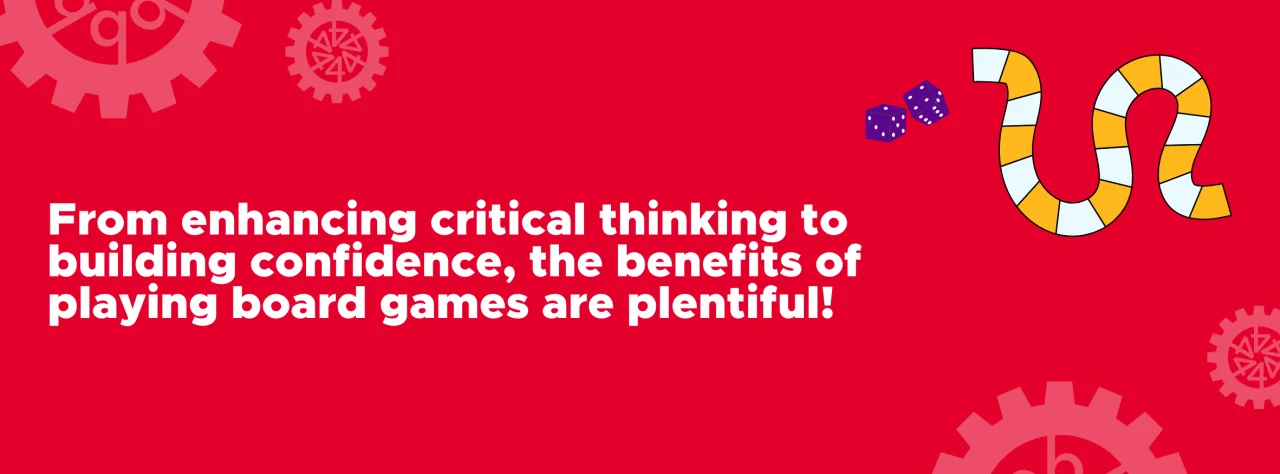25th November 2024
Fun Board Games to Support Maths Learnings
When most people think of board games, they picture family evenings, friendly competition, and perhaps a bit of light-hearted fun. But what if I told you that your favourite games – whether it's Monopoly, Snakes and Ladders, or Chess – could also help enhance your mathematical skills? That’s right! Board games are a powerful (and often overlooked) tool for continuous maths development, offering a wide range of benefits for players of all ages. Whether you're a student aiming to hone your problem-solving abilities or an adult looking to keep your mind sharp, playing board games can provide a significant mathematical advantage.
Let’s take a closer look at how board games can develop various mathematical skills, and why you should consider adding a few more games to your collection – particularly those with a strategic element.
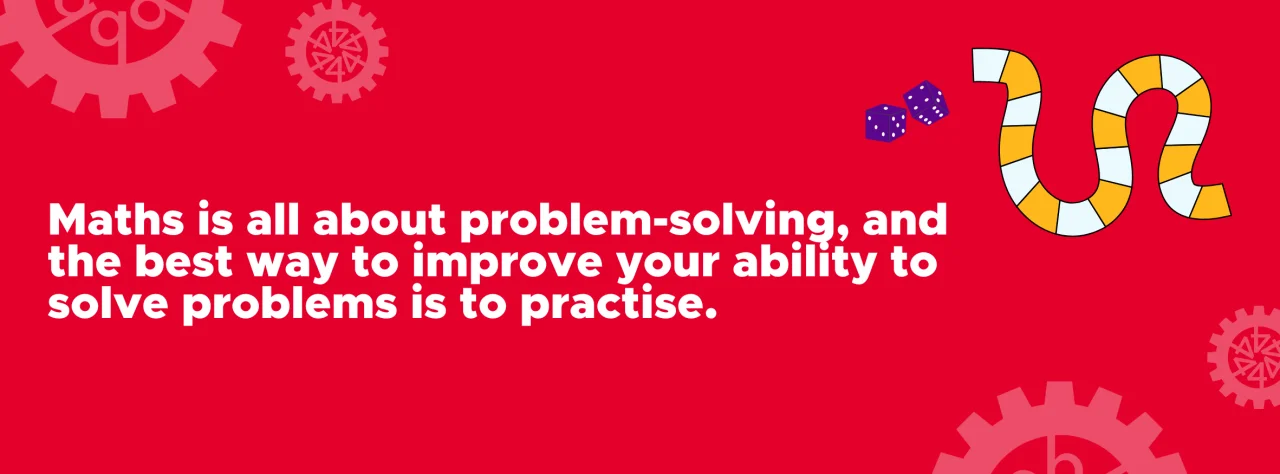
Critical Thinking & Strategic Problem-Solving
Mathematics is all about problem-solving, and the best way to improve your ability to tackle problems is through practise. Many board games require players to think critically about their moves, evaluate potential outcomes, and plan several steps ahead. This type of thinking closely mirrors the logical reasoning and strategic planning needed to solve complex mathematical problems.
Take games like Chess or Checkers, for example. Players must assess different possible moves and consider how those choices will affect the overall game. They need to anticipate the consequences of their actions, much like when working through a multi-step maths problem. In Chess, recognising patterns and predicting potential outcomes are crucial skills - skills that translate directly into solving intricate mathematical puzzles, whether in algebra, geometry, or other areas of maths.
Improved Numerical Skills
When we think of maths, most of us immediately associate it with numbers, and board games can be a great way to sharpen your numerical fluency in both fun and effective ways. Games like Monopoly, Yahtzee, and even Snakes and Ladders often involve quick calculations, from addition and subtraction to multiplication and division. Whether you're counting spaces to move or tallying points at the end of a round, you're constantly engaging your maths skills.
Take Monopoly, for example: every turn requires some level of mental arithmetic. Players add and subtract the cost of properties, calculate rent owed, and track their overall wealth. These simple calculations help reinforce basic maths skills, and because the game is fast-paced, it encourages players to think on their feet, enhancing mental agility.
Even a simple game like Snakes and Ladders can be a fun way to practise counting, number recognition, and basic arithmetic. While it’s a game of pure chance, it still offers opportunities for children (and adults) to strengthen their number sense as they roll the dice and move based on the total rolled.
Understanding Probability and Statistics
Probability plays a significant role in many board games, especially those involving dice or cards. Games like Monopoly, Yahtzee, and Snakes and Ladders can help you grasp the concept of probability – understanding the likelihood of certain outcomes occurring by chance.
Take Yahtzee, for example. Players roll five dice and aim to achieve specific combinations. The game encourages players to think about the odds of rolling particular numbers and to weigh the risk of re-rolling dice based on those probabilities. Playing games like this helps develop a deeper, more intuitive understanding of probability, a skill that's crucial in statistics and many other areas of mathematics.
Similarly, in Snakes and Ladders, although the outcome is entirely random, players are still exposed to the basics of probability. The likelihood of landing on a snake or a ladder is determined by the number they roll. Though the game itself may be simple, it provides an accessible way for younger players to begin exploring the concepts of randomness and chance in a fun, engaging manner.
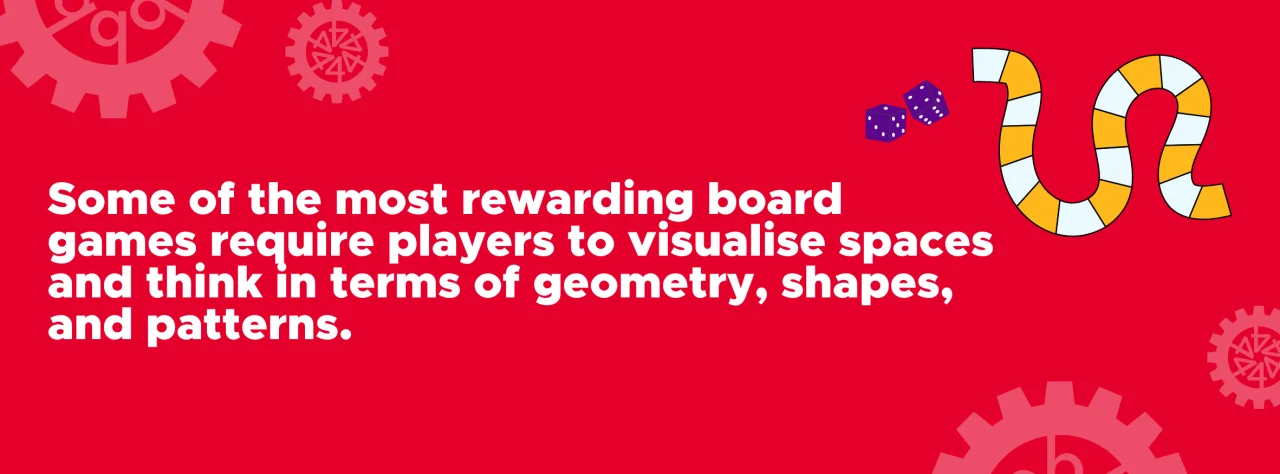
Spatial Awareness and Geometry
Some of the most rewarding board games require players to visualise spaces and think in terms of geometry, shapes, and patterns. Games like Chess and Connect 4 are excellent for developing spatial reasoning skills, as they require players to consider where to place their pieces on the board, how those pieces interact, and how to anticipate an opponent’s next move.
Take Chess, for example. It’s all about positioning and foreseeing future moves. Players need to think several steps ahead, visualising how their pieces will move and predicting how their opponent’s pieces might shift. This strengthens spatial thinking, an essential skill in geometry. Recognising patterns and shapes on the chessboard translates directly to understanding geometric shapes, symmetry, and transformations.
Similarly, Connect 4 challenges players to plan ahead, thinking about where to place their discs in order to create a vertical, horizontal, or diagonal line. This requires visualisation and strategic planning, which helps develop spatial reasoning - an important skill not just for geometry, but for practical real-world applications like engineering and architecture.
Mental Maths and Fast Calculation
Many board games, especially those that involve scoring or keeping track of points, force players to make quick mental calculations. Take Uno, Yahtzee, or Monopoly - all of these games require players to perform quick maths to keep track of points, money, or cards.
In Yahtzee, for example, players need to quickly add up the numbers on the dice to determine scores. Mental addition and multiplication come into play as players decide which category to fill based on the dice rolls. In Uno, players must be able to quickly add up the numbers on the cards and calculate whether they can play a card or need to draw one.
These types of games can greatly improve mental maths skills, helping players to perform basic arithmetic quickly and accurately. The added challenge of doing these calculations in a competitive environment enhances focus and agility, which ultimately makes maths feel more natural in everyday life.
A Fun Way to Develop a Growth Mindset
Maths can be intimidating, but board games offer a way to approach mathematical concepts in a low-pressure, fun environment. The key to mastering any skill is practise, and board games provide a stress-free way to practice mathematical thinking. When you're in the middle of a game, you’re focused on having fun, not on whether or not you're "good at maths." This helps foster a growth mindset—believing that your abilities can improve with practise, rather than being limited by innate talent.
Games allow you to experiment with different strategies, make mistakes, and learn from them - all without fear of failure. This is crucial for developing confidence in your mathematical abilities, particularly as maths can often seem like a subject full of “right” and “wrong” answers. Games encourage trial and error, which can help take the pressure off and make maths feel more accessible.
Types of Games to Focus On
If you're looking for board games that specifically enhance your maths skills, here are some great options:
- Monopoly (for basic arithmetic, money management)
- Snakes and Ladders (for number recognition and counting)
- Chess (for strategic thinking, pattern recognition, and geometry)
- Yahtzee (for addition, probability, and quick mental calculation)
- Uno (for number recognition, addition, and pattern matching)
- Checkers (for strategy, visualisation, and planning ahead)
- Connect 4 (for pattern recognition, spatial reasoning)
Conclusion
Board games provide a fun and effective way for children to strengthen their maths skills while spending quality time with family. From enhancing critical thinking to building confidence, the benefits of playing board games are plentiful. The games mentioned above are readily available and are sure to provide hours of educational fun. So gather your family, choose a game, and enjoy the journey of learning together!
If you are looking for extra mathematics support to help boost your child's confidence, our team of expert tutors are here to help. Contact us today to get your child booked in for a FREE no-obligation learning assessment and introductory lesson.
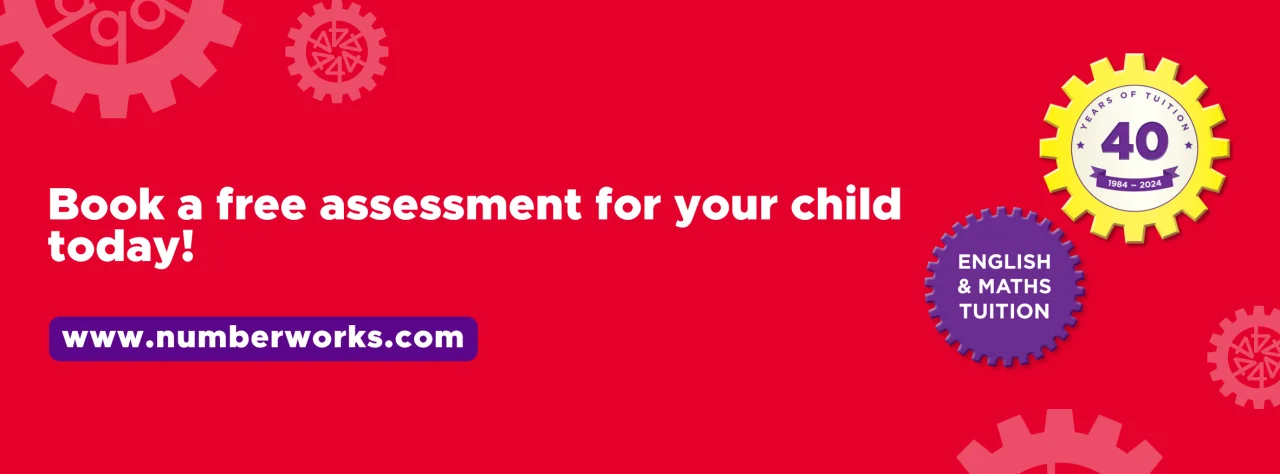
More news articles
5th December 2025

How to Prevent the Christmas Holiday Learning Slide
Read more24th November 2025
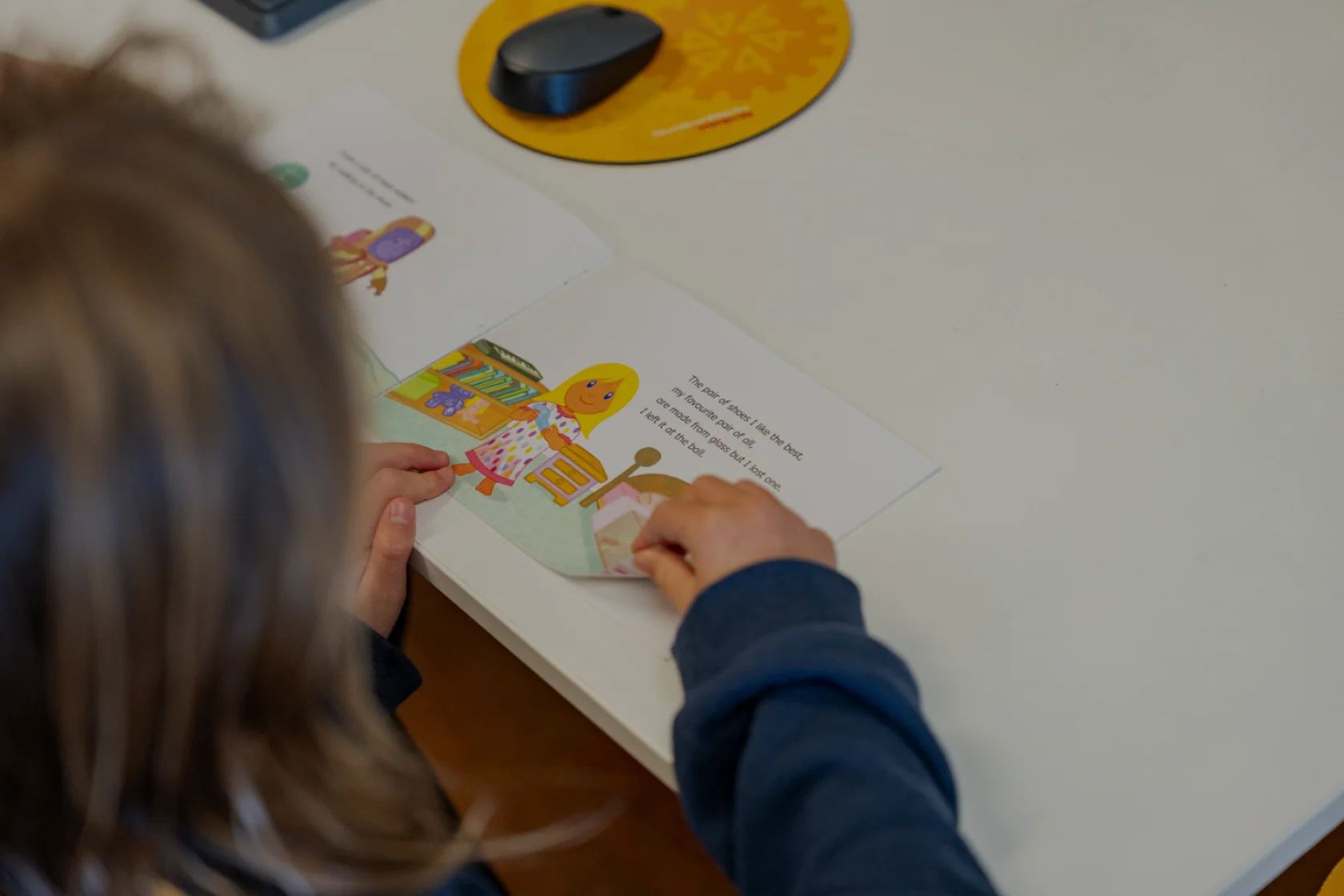
Are Children Falling Out of Love with Reading?
Read more23rd November 2025

How AI Is Changing the Way Your Child Learns and How to Keep Up
Read more15th October 2025

Spooktacular Storytelling this Halloween
Read more
